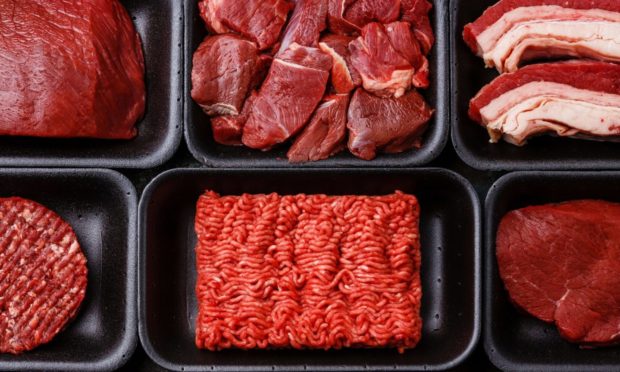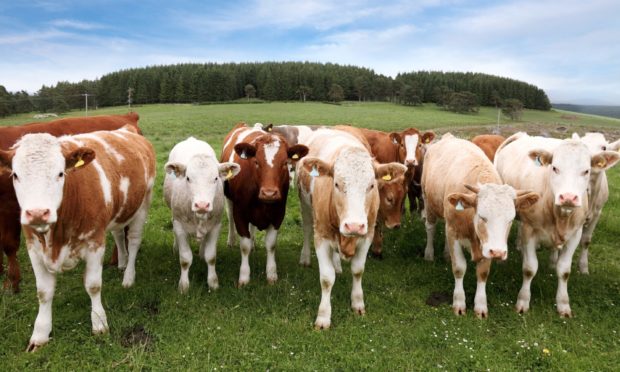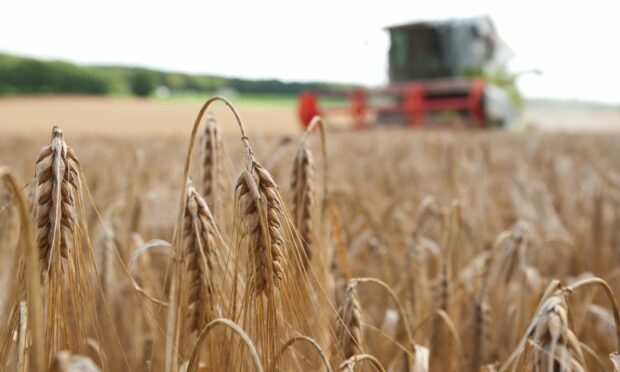A meat tax would cost the UK economy almost £250 million a year and push livestock farmers out of business, according to a new study.
The study, carried out by Hertfordshire-based agricultural research institute Rothamsted Research, looked at the impact of a meat tax on greenhouse gas emissions and the wider economy.
It comes following the publication of the UK Government’s National Food Strategy, which called for a 30% reduction in meat consumption.
The Rothamsted study concluded that a meat tax – even at previously suggested ‘moderate’ rates of around 19% – would cost the UK £242m a year and do more harm than good.
The losses would come as a result of the transfer of land and labour forces from livestock farms to arable farms and non-agricultural industries.
Agricultural economist Dr Taro Takahashi, who led the research, said a meat tax was estimated to result in an annual decrease in emissions of approximately 2.5m tonnes of CO2 equivalent, equating to a monetised social benefit of around £101m a year.
“Solely from a climate change perspective, our results unambiguously support everyone else’s finding: that a red meat tax can reduce greenhouse gas emissions,” said Dr Takahashi.
“But unfortunately, this is only half the story, because the same tax could also force grazing livestock farms out of the industry – even when grassland is actually the most sensible land use at that particular location.”
He added: “As well as impacting consumers and farmers, the knock-on effects will be felt right along supply chains as well as rural communities that support and are supported by farmers.”
The study said rather than introducing a blanket tax on red meat, a better solution would be to look at which areas of the country are best kept as cattle and sheep farms, and which would be better converted to other uses such as crop production for human consumption, agroforestry, and the provision of ecosystem services.
“This would involve a more nuanced approach of weighing up the carbon savings against the amount of nutrients produced and the impacts on the economy, both locally and nationally,” said Dr Takahashi.
Harper Adams University deputy vice-chancellor Professor Michael Lee, who co-authored the study while at Rothamsted, said the research also showed the vital role the responsible consumption of ruminant livestock products can play within a sustainable food system in the UK’s grassland dominated landscape.
He said: “Ruminant livestock are the most efficient provider of key nutrients for human health from land not suitable for growing crops.
“The study highlights that even with reduced protein consumption levels as advocated in the National Food Strategy, ruminants, given our landscape, should continue to supply high-quality protein from grasslands.
“This way, more fertile lands can be freed up for provision of fibre and vitamins through vegetables and fruits.”
The Rothamsted research team will now work to identify in which scenarios grassland should remain grassland for sustainable food production – a task described by Dr Takahashi as critical for the future of the UK farming sector.
Dr Takahashi said: “Given that we currently consume more livestock products than nutritionally recommended, it is perhaps socially suboptimal to maintain all of today’s grasslands for grazing purposes.
“The question, then, is under what soil, local climate and other geographical conditions are they desirable to society? We absolutely need to answer this question before telling a specific farmer to stop rearing livestock, because otherwise some unintended consequences are likely.”


